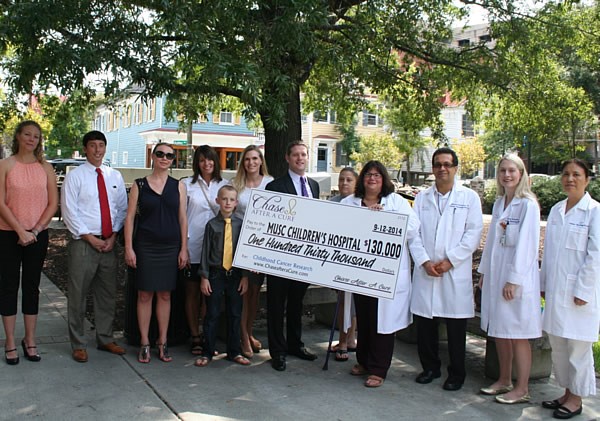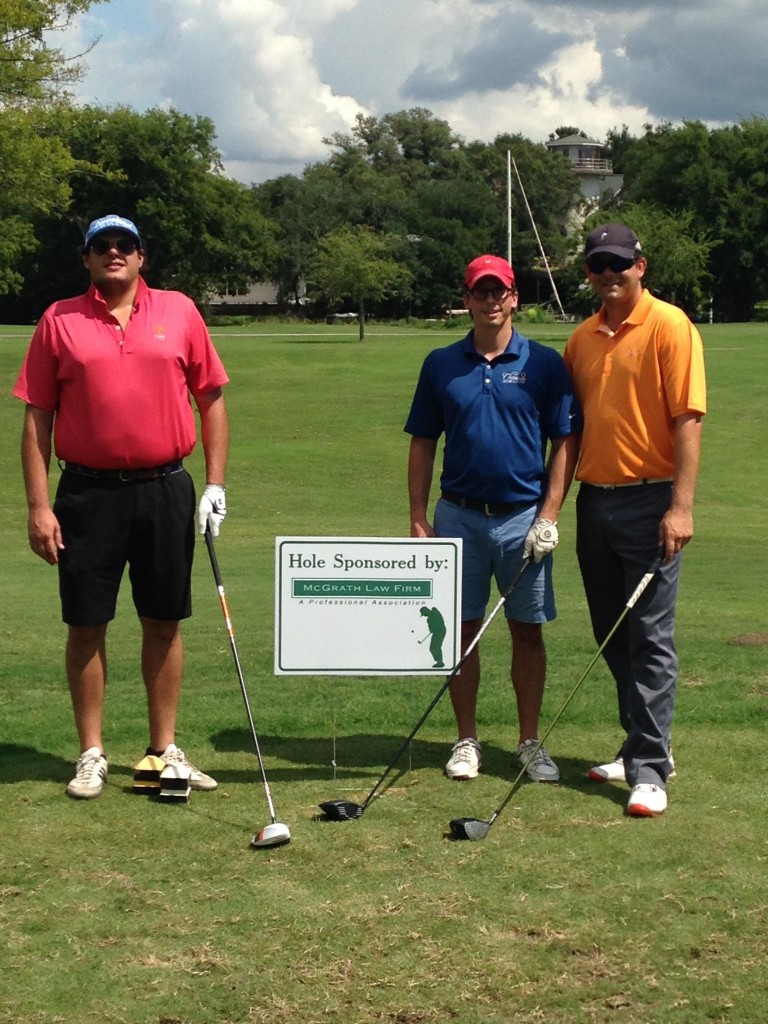Ending a marriage or other type of long-term relationship can be difficult for all parties involved. Some divorces are quick, simple and even amicable, while others are carried out with bitterness and resentment. In these latter cases, some individuals might become violent or threatening toward their former spouse. If you are currently going through the divorce process and you’re worried that your former spouse might harm you in any way, consider filing for a restraining order against him or her. A restraining order is a court-ordered requirement that one individual not contact or come within a specified range of another for a specified length of time. You have the right to feel safe during and after the divorce process.
Steps to Filing a Restraining Order in South Carolina
In South Carolina, there are a few steps to the restraining order process.
First, contact an experienced divorce attorney to help you through this process. He or she will advocate for you and your safety while guiding you through the necessary legal actions to procure your restraining order.
Next, contact the magistrate court of the county where your former spouse resides. If your former spouse resides here in Charleston County, contact the magistrate court located in Charleston, South Carolina. All restraining orders are handled at this court level. If you are in immediate danger, the court can grant you a temporary restraining order within twenty-four hours. Otherwise, a hearing is held between five and fifteen days after the initial complaint, at which time the court hears the case and decides the appropriate course of action.
If the court decides that a restraining order is appropriate for the applicant and his or her former spouse, it may grant the applicant a restraining order for up to one year. If the applicant wishes to extend the restraining order, he or she must file official motions to do so within thirty days of its expiration.
Penalties for Violating a Restraining Order
A restraining order prohibits an individual from harassing or stalking the filer. The behaviors that constitute harassment and stalking, as well as their penalties, are defined in South Carolina Code 16-3-1700.
Harassment is any unreasonably repetitive behavior that distresses or otherwise negatively impacts an individual’s ability to freely conduct his or her chosen lifestyle. This can include persistent phone calls, vandalism of his or her property, continually following him or her, and surveillance of the individual. Stalking is defined as any pattern of words or conduct meant to scare an individual.
The penalties for violating a restraining order are a $500 fine and up to thirty days in jail.
Contact an Attorney with Experience in Restraining Orders
Nobody should have to live in fear of violence from their former spouse. If you’ve experienced any type of domestic harassment or stalking and want it to end, call the McGrath Law Firm at 843-606-2755 for your free legal consultation. You’ll have the opportunity to discuss the specific details of your case with one of our team’s attorneys and learn more about the restraining order process.


